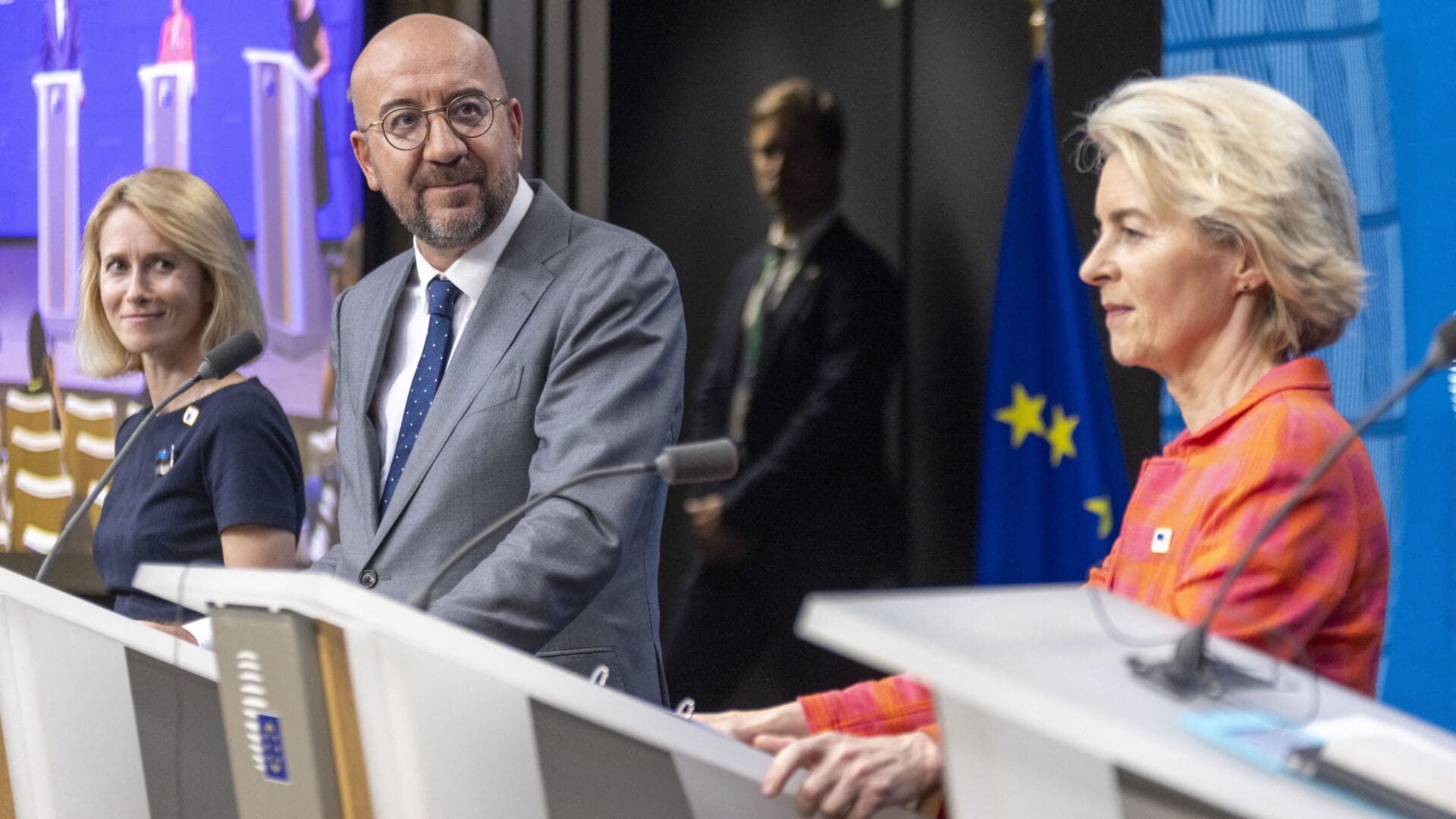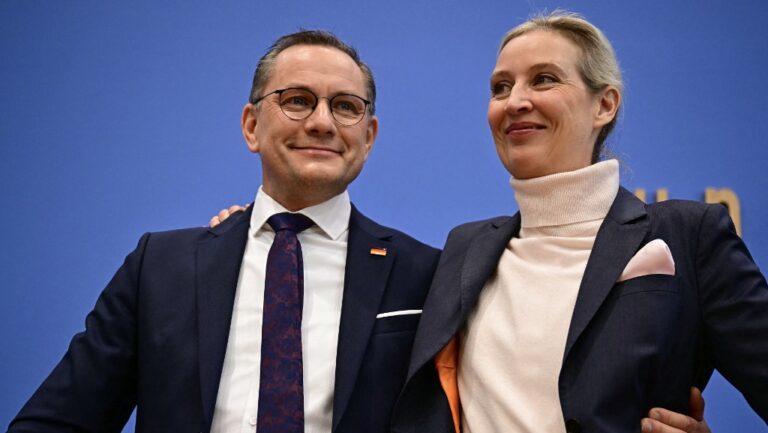Electoral thresholds, conventio ad excludendum or pacts to exclude and cordon sanitaire are important and legitimate parts of the democratic political process. In the 1990s in Hungary, for instance, a 5 per cent electoral threshold was introduced to try to keep the radically right-wing Hungarian Justice and Life Party out of Parliament, while in the 1950–60s in Italy conventio ad excludendum was adhered by most parties to exclude the Italian Communist Party (PCI) from coalition governments. While in some cases the legitimacy of these political tactics is clear, over the last couple of years they became barriers to the will of the people, hollowing out the real purpose of democratic elections: giving a chance to people to determine the political elite of their polity.
Country Level
The plot to keep some parties out of government that were deemed undesirable by the political elite could be observed multiple times over the past year. In the European elections the National Rally won 31 per cent of the votes in France, that is, more than double than the party that came second. Repeating its outstanding performance during the first round of elections, the National Rally won 33 per cent of the popular vote. On the second round the RN gained even more votes, 37 per cent, again coming first in terms of popular vote. However, due to the left and Macron’s camp agreeing with each other to withdraw over 200 nominations, the National Rally ended up with only 142 seats—which only amounts to about 24 per cent of the seats. As a result, RN ended up behind both the New Popular Front and Macron’s party that won 178 and 150 seats, respectively. The cooperation between the left-wing New Popular Front and Macron did not happen because they will be able to form a functioning government that is attractive to voters,
but with the sole purpose of keeping the National Rally out of power.
Arguably, it does not serve the interests of the electorate, but it showcases how the political establishment is capable of hollowing out the will of the electorate by political deals and bargains.
Not in such an extreme form, but similar tendencies could be observed in Poland and Spain, too. In both the general and the municipal elections the conservative PiS party came first in Poland. PiS earned around 34 and 35 per cent of the votes in the local and parliamentary elections, yet the government was formed under the leadership of the Civic Coalition, who earned only 30 per cent in both elections, but managed to form a coalition which controls over 51 per cent of the seats. Similarly in Spain, in the 2023 general elections the right-wing People’s Party came first (33 per cent), however, the government was formed by the Spanish Socialist Workers’ party (32 per cent).
EU Level
The misuse of the cordon sanitaire is an integral part of European politics, too. Soon after the European elections the European People’s Party, the Socialists and Democrats, and the liberal Renew were quick to distribute positions among themselves, leaving little to no positions for the European Conservatives and Reformists Group (ECR) and
giving no chance at all to the newest right-wing group, which is now the third largest group in the EP, the Patriots for Europe (PfE),
to organize itself. The intentional disregard of the ECR happened despite the fact that it increased the number of seats it has from 69 to 78 (despite the Spanish Vox leaving it for the Patriots for Europe). While the excluded ECR gained electoral support, the beneficiaries of the EP’s backstage bargains, the S&D lost 3, and Renew lost 26 seats.
Despite its poor performance in the elections, Renew is likely to give the next EU High Representative for Foreign Affairs and Security Policy (Kaja Kallas, who is poised to become the EU’s next foreign minister, is from the Estonian Reform Party, which is a member of Renew). With 76 seats, Renew is only the 5th largest group in the EP (the EPP, the S&D, the PfE, and the ECR are all ahead of it), but it is most likely to give one of the most important positions to the EU. The two genuine right-wing groups (ECR and PfE) both have a larger legitimacy to delegate their members to such an important position, yet they were not given a chance due to the EP’s tendency to place parties right from the EPP in the cordon sanitaire. Recent frustrations due to the EP’s political tactics are not new—in 2019, for instance, the Identity and Democracy political group was blocked from receiving any important positions in the EP’s commissions due to the same policy.
Else than the problem of excluding large and growing EP groups from high-ranking positions, the cordon sanitaire practised by the EP also led to a situation in which parties with the largest democratic legitimacy at home are unable to receive positions. In the European Parliament elections some of the parties who were excluded from receiving any notable positions were disregarded
despite the fact that they came first in their nation states.
While Fidesz received over 45 per cent of the vote (2 million votes) in Hungary, the National Rally 31 per cent of the vote (7.7 million votes) in France, and the Brothers of Italy 29 per cent of the vote (6.7 million votes) in Italy, thereby, all ranking first in their own countries, still the Estonian Reform Party will give the EU’s foreign minister, who came only third in its own country with 18 per cent (66 thousand votes). In other words, by all means the cordon sanitaire as used by the EP today is not a reasonable political tactic to block parties that are radical beyond reasonable doubt, but a way for the political elite to block the will of the people, hollowing out the very purpose of democratic elections: to determine the political elite of the polis.
Related articles:







